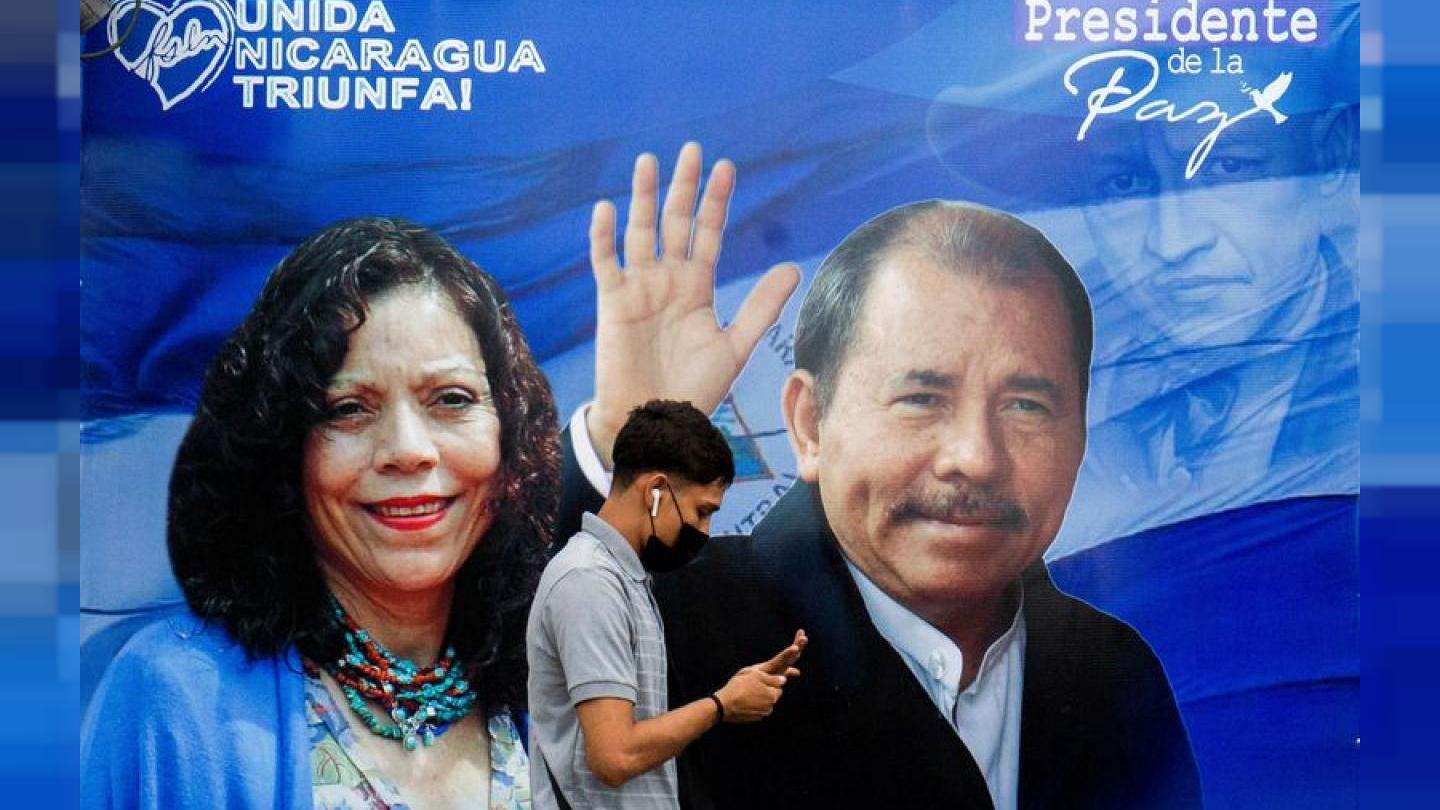Nicaragua’s incumbent President Daniel Ortega has overwhelmingly won the November 7 presidential election, clinching a fourth consecutive term amid threats of sanctions from the United States.
Preliminary results announced by the country’s Supreme Electoral Council on Monday showed Ortega’s Sandinista alliance winning about 76% of votes with almost all the ballots counted.
Ortega, the Americas’ longest-serving leader with 15 consecutive years in power, on Sunday hailed the vote as a victory over terrorism delivered by the “immense majority of Nicaraguans”.
“They didn’t want us to be able to hold these elections,” he said, referring to his domestic opponents and their foreign backers. “They are demons who don’t want peace for our people and instead opt for slander and disqualifications.”
The veteran politician’s salvo was aimed at the US and its western allies, which have been accused of interference in the country’s internal affairs.
US President Joe Biden has labeled the general elections in Nicaragua as a “pantomime” vote, claiming it was “neither free nor fair, and most certainly not democratic.”
In a statement before results were announced, Biden said Ortega and Rosario Murillo, his wife, and vice president, were “no different from the Somoza family”.
The re-election of Ortega, 75, who helped depose the right-wing Somoza family dictatorship in the late 1970s, is likely to escalate tensions between Washington and Managua.
READ ALSO: US: ‘Stay angry’ – Obama urges youth to push leaders on climate
US Secretary of State Antony Blinken on Monday said Washington would work with allies and was ready to use a range of tools, including possible sanctions, against those involved in supporting, what he said, the “undemocratic acts” of the Nicaragua government.
The European Union also rejected the results. The elections, the powerful political and economic union claimed, “complete the conversion of Nicaragua into an autocratic regime.”
US interference
The United States has long been accused of interfering in the internal affairs of Nicaragua, a Latin American country it occupied from 1912 to 1933 as part of the Banana Wars.
Washington and the EU have already imposed sanctions against Ortega’s family members and allies amid a series of US-provoked anti-government protests in the lead-up to the recent election.
Last week, the US Congress approved legislation to step up diplomatic pressure on the government of President Ortega, making its intentions amply clear.
The so-called RENACER Act was adopted by 387 votes in favor and 35 against in the US House of Representatives on Wednesday. It had been approved by the full Senate in August.
The legislation also added Nicaragua to the list of Central American countries subject to visa restrictions for corruption, and requires more intelligence reports on the Russian government’s activities in the Central American country, including reports on Russian military sales to Managua, reports said.
Ortega on Monday evening hit back at the US and Europe, labeling them “Yankee imperialists”.
“They wanted to be at the head of the Supreme Electoral Council… counting the votes of the Nicaraguans,” Ortega said in a speech addressing supporters at Revolution Square in Managua. “That won’t happen again in Nicaragua. Never again, never again,” he stressed.
Russia has rejected the US calls not to recognize Nicaragua’s presidential election as “unacceptable”. “We resolutely condemn this policy,” Russian Foreign Minister Sergei Lavrov said Monday.
Venezuelan Foreign Minister Felix Plasencia also denounced the Western rejection of the vote, saying Nicaragua’s election was “held in an orderly manner and in full compliance with Nicaraguan legislation”.
Iran’s Foreign Ministry spokesman Saeed Khatibzadeh in a statement on Monday also congratulated the Nicaraguan people and government on “successfully holding the country’s presidential election”.
Khatibzadeh expressed hope that the result of the vote will bring Nicaragua “more growth and progress”.
According to Nicaragua’s electoral authority, 65% of eligible voters participated in the election.
It said more than 200 international observers from 27 countries apart from 600 journalists from different countries had monitored the polls.
Ortega served as the Nicaraguan president in the 1980s before losing power in 1990. He, however, staged a stunning comeback in 2007.
Since 2017, the 75-year-old leader has ruled the central American country alongside his 70-year-old his wife, Vice President Rosario Murillo.













